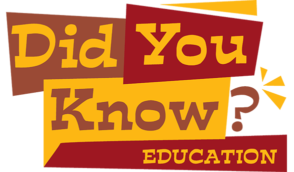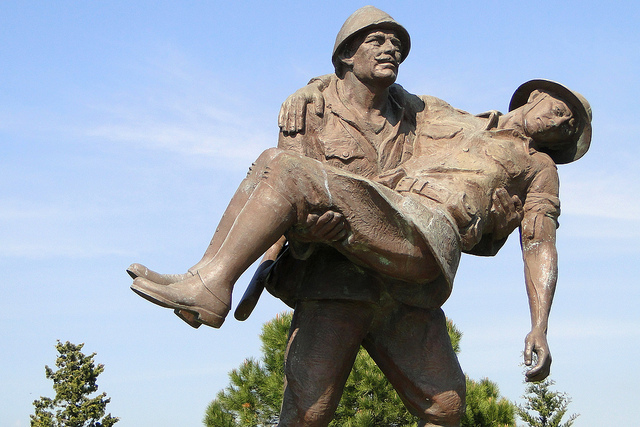The convoy of nervous soldiers sailed towards Anzac Cove. The plan was to storm the peninsula and defeat the enemy Turkish soldiers. It was hoped that this would help to speedily win the war. But they had no idea what lay ahead.
Later in the day, they transferred from their ships into smaller boats and proceeded to the shore. On reaching the beach, steep cliffs surrounded them, and enemy soldiers were firing down on them from above.
They were trapped. It was a disaster; a terrible massacre. By the end of that day alone, over 2000 Australian and New Zealand Army Corps (ANZAC) soldiers were dead or wounded.
Many people go about daily life not thinking much about God, but in times of war, when people are facing difficult and dangerous situations, things are different. God and spiritual things are often on soldiers’ minds. Questions arise like ‘What if I die?’ or ‘If I die, what happens then?’
The Armed Forces employ chaplains, also called ‘padres’, to help soldiers deal with death and disappointment. They help them to find the answers to questions about life and death, and encourage them to trust in God’s love for them when things are dark and horrible.
Andrew Gillison was an Australian Army chaplain of the 14th Battalion, and he was part of the convoy of Australian and New Zealand soldiers that headed for Gallipoli on 25 April 1915. Andrew believed that God had a job for him to do: not fighting, but ministering to the soldiers. Andrew’s life was built on God and he had confidence that whatever happened, God was with him – forever. But he knew not everyone had that confidence.
At first, the chaplains were ordered to stay on the ships to minister to the wounded soldiers who would be brought back, but Andrew knew he needed to be where the fighting was, so he went ashore. Day after day, as the soldiers tried to advance, more and more were killed or wounded.
Andrew was in the thick of it, in the trenches, serving and helping the soldiers in whatever ways he could. He ran back and forth, dodging gunfire. He risked his life to encourage and comfort those who needed him, earning the respect of the men and a reputation for bravery. He prayed with the wounded soldiers, and assured them that God was with them as they suffered.
Andrew wrote in his Gallipoli diary, ‘I never beheld such a sickening sight in my life’. It wasn’t something he enjoyed. He hated the death and disease, the flies and the mud. But to the soldiers, the chaplain was a reminder that God cared about their situation and was there with them.
One day, in full view of the enemy, Andrew leaped over the top of a trench to rescue an injured soldier. His commander screamed to take cover but Andrew ignored him, continuing on to reach the wounded man. A nearby soldier said, ‘It’s no use, you can save your breath. He is a man who fears no bullet.’
‘I am being eaten alive by ants!’ Andrew heard one day. It was the cry of another wounded soldier in ‘no man’s land’ between the Turkish and ANZAC trenches. Andrew and another chaplain, with the help of a soldier, Private Arthur Wild, ignored the warnings and crawled towards the wounded soldier. As they dragged him back, a Turkish sniper opened fire. Both chaplains were seriously wounded. Andrew died the same day and the other chaplain a week later.
Andrew Gillison would have been very familiar with Jesus’ words in the Bible: ‘Greater love has no one than this: to lay down one’s life for one’s friends’ (John 15:13). He laid down his life, and trusted in God’s love to the end, saying just before he died, ‘I’m just a servant, going home to my Master.’
Written by Sally Smith.

